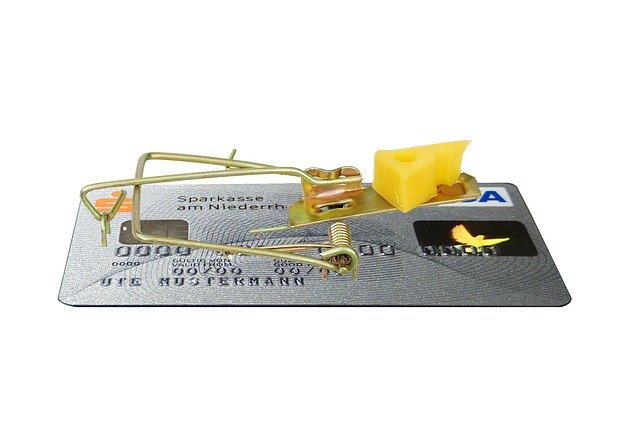
Many people must borrow money in order to attain higher education. This can be a very intimidating process though. This article is here to help.
Make sure you know what the grace period is for your loans before you need to start making payments. Typically this is the case between when you graduate and a loan payment start date. This can also give you a big head start on budgeting for your student loan.
Always know all the information pertinent to your loans. This will help you with your balance and repayment status. These details affect your repayment options. To devise a good budget, you must factor all this in.
Don’t worry about not being able to make a payment on your student loans if something unexpected like job loss has happened. Most lenders have options for letting you put off payments if you are able to document your current hardship. However, you should know that doing this could cause your interest rates to increase.
Never panic when you hit a bump in the road when repaying loans. Health emergencies and unemployment are likely to happen sooner or later. There are forbearance and deferments available for such hardships. The interest will grow if you do this though.
If you’re considering repaying any student loan ahead of time, focus on those with the largest interest. Repaying based on balance size could actually cause you to pay more in interest than you otherwise would have.
Grace Period

Know how long the grace period is between the date of your graduation and the date on which you must start repaying the loans. The period should be six months for Stafford loans. A Perkins loan gives you a nine month grace period. Other loans vary. Keep in mind exactly when you’re supposed to start paying, and try not to be late.
Figure out what will work best for your situation. Many loans allow for a 10 year payment plan. There are often other choices as well. Understand if you choose a longer repayment period you will end up having to pay more in interest. You may also have the option of paying a certain percentage of your future earnings. Some loans are forgiven in 25 years.
If you have a large loan, try to bring down the amount as soon as you can. This will reduce the principal. The less principal that is owed, the less you’ll have to pay in interest. Hone in on large loans. After you have paid off your largest loan, continue making those same payments on the next loan in line. By making sure you make a minimum payment on your loans, you’ll be able to slowly get rid of the debt you owe to the student loan company.
Student Loans
You can stretch your dollars further for your student loans if you make it a point to take the most credit hours as you can each semester. Full-time students typically have a minimum of nine to twelve hours per semester, but some schools let you take up to fifteen or even eighteen, speeding up your graduation date. When you handle your credit hours this way, you’ll be able to lessen the amount of student loans needed.
Student loans are available to anyone and everyone. Now that you’ve read this article, you’re aware of what makes a good student loan and what doesn’t. Apply what you’ve learned to make it easy.



